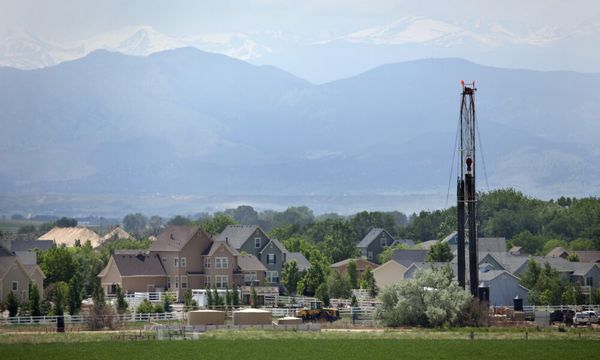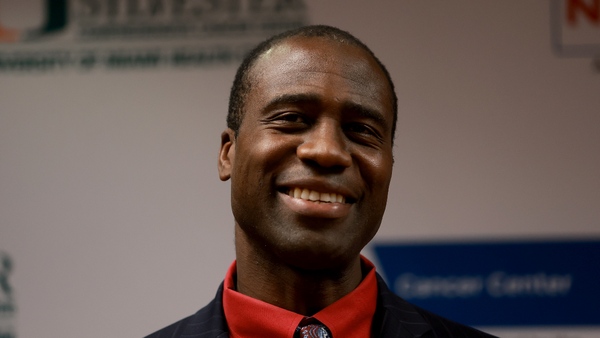The head of NSW beekeepers has told a senate inquiry he doesn't think the deadly varroa mite can be eradicated.
A senate inquiry into the preparedness of Australia's biosecurity system moved to Newcastle on Wednesday where the varroa mite was first detected in June.
President of the NSW Apiarists Association Steve Fuller said a program to eradicate varroa had been hurt by feral hives and people illegally moving hives.
Asked whether the government's eradication program would be successful he said "personally ... I'm going to say no".
"I doubt if we can track all these feral hives," Mr Fuller said on Wednesday.
There are currently 100 premises infected with varroa across NSW and an eradication program is continuing.
He told the inquiry the penalties for beekeepers were significant but needed to be enforced.
Mr Fuller said he wasn't aware of any fines being issued but conceded it was difficult to impose them.
He called for a honey bee hive registration program for beekeepers across the country.
The head of Amateur Beekeepers Australia Sheila Stokes told the hearing she believed authorities were not willing to prosecute beekeepers doing the wrong thing.
The inquiry heard beekeepers illegally moving hives can be fined as much as $1.1 million for individuals and $2.2 million for businesses.
"I don't have a high level of confidence that the DPI (NSW Department of Primary Industries) compliance are following up on all of those," she told the inquiry.
Miss Stokes was also critical of a lack of key personnel to inspect hives and said it had negatively impacted the eradication program.
"Definitely a lack of trained personnel has slowed things down," she said.
But Miss Stokes said she was confident eradication was still possible.
"I do have a high level of confidence in the eradication program," she told the inquiry.
"We have limited time to achieve that outcome."
The inquiry was told honey bee industries had bounced back in countries where the varroa mite had taken hold.
It is still unclear how the varroa destructor mite first arrived in Australia.
In September the hearing was told beekeepers weren't fully prepared for the arrival of the deadly mite now threatening Australia's bee industry.
There have been almost 14,000 hives euthanised in NSW and millions of bees killed as part of the varroa eradication program.
An $18 million support package for affected beekeepers was announced in July.
Authorities have previously said they are confident the mite can be eradicated, with all detections linked back to the original Newcastle incursion.
A standstill of movement of beehives remains in place in NSW, although some registered commercial beekeepers can move hives in low-risk areas.
The senate inquiry, which is also examining Australia's response preparedness to foot and mouth disease after it was detected in Indonesia, continues.







